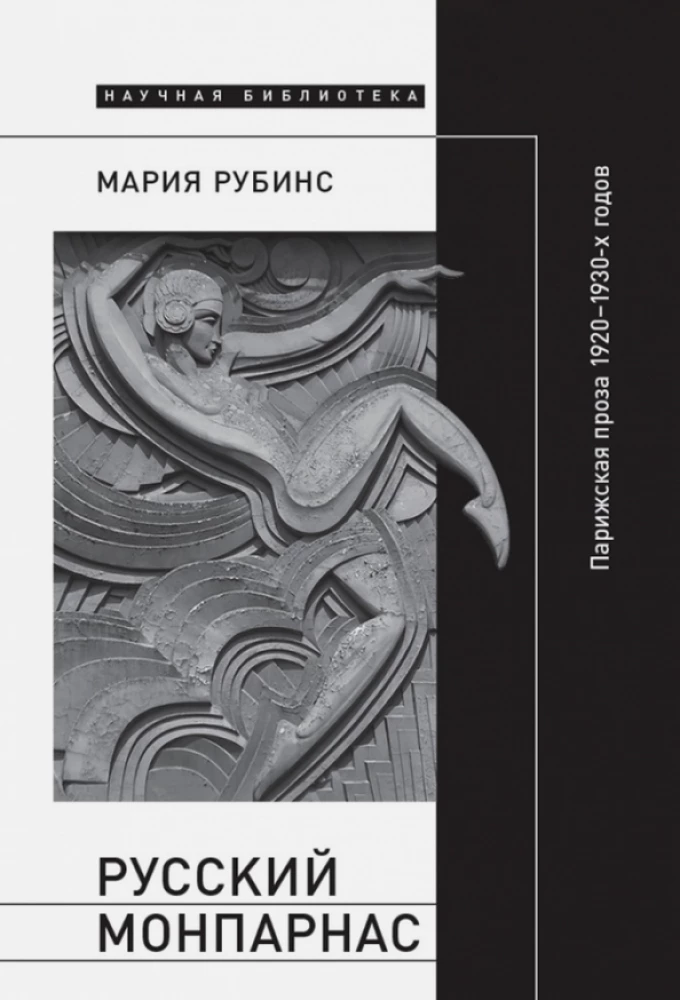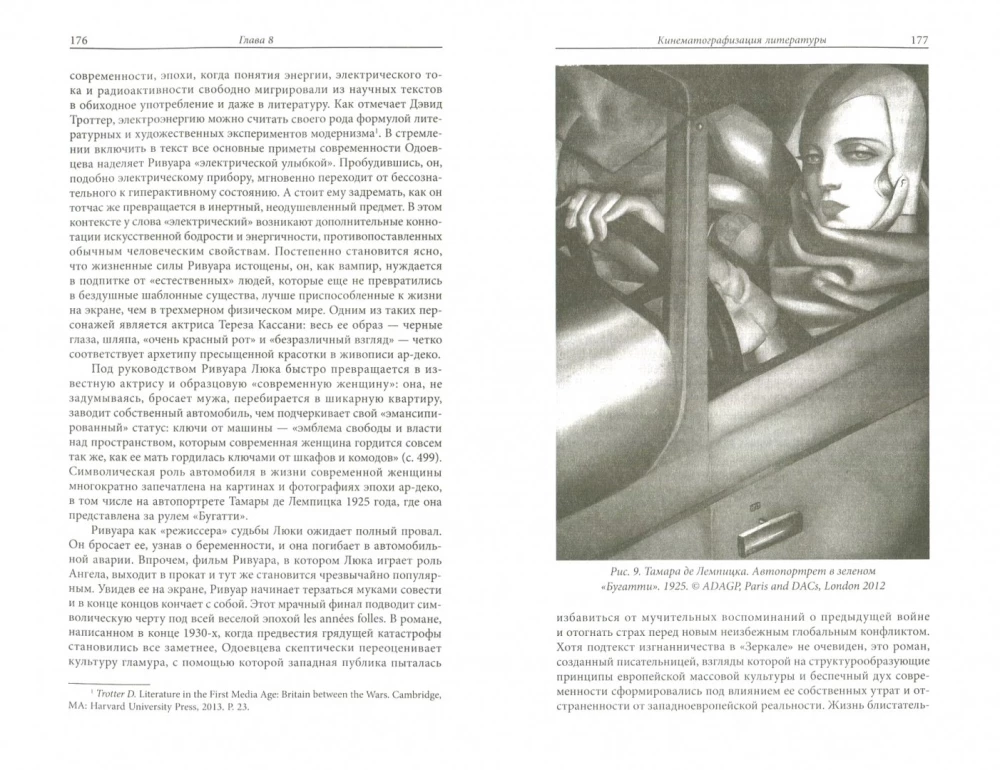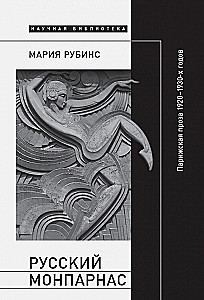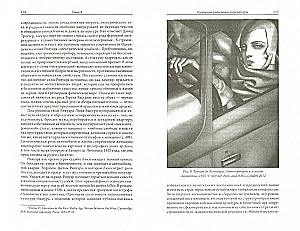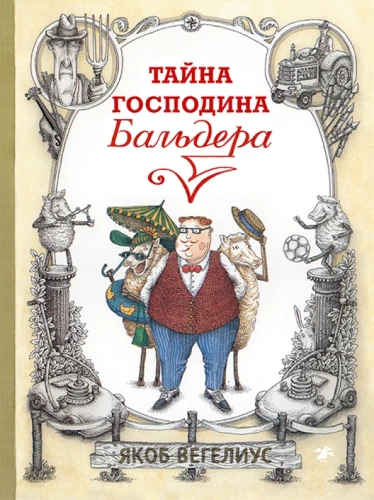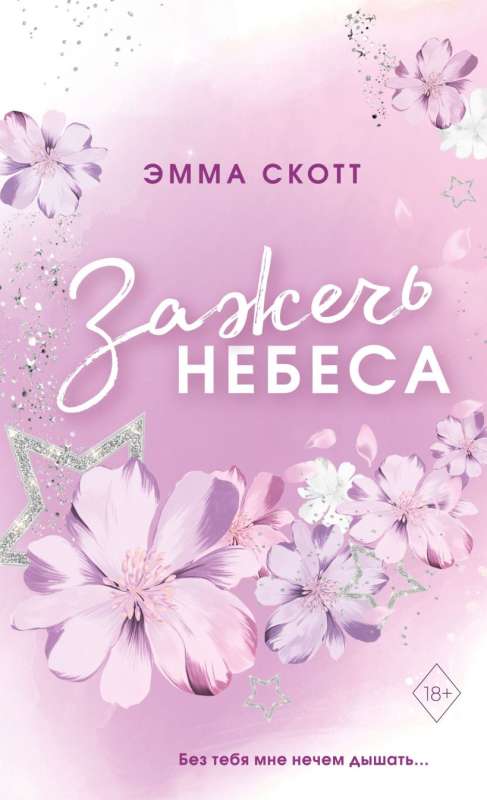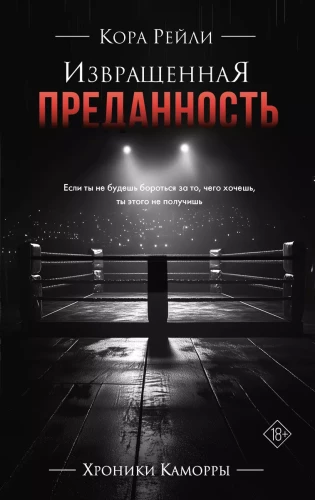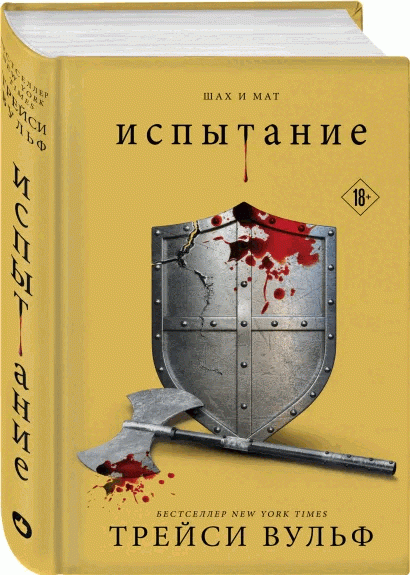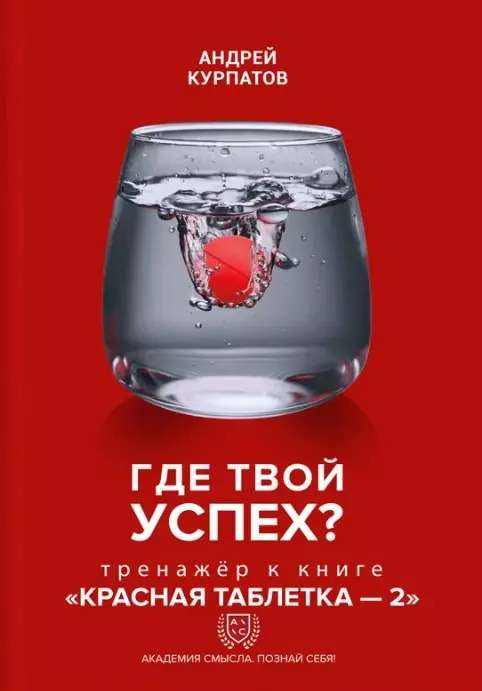This book is about the role of Russian Montparnasse writers in shaping the aesthetics, style, and code of transnational modernism of the 1920s and 1930s. Montparnasse is viewed here not only as a symbolic locus of the French capital but, first and foremost, as a metaphor for "post-apocalyptic" European literature, emerging from the experiences of the First World War, revolutionary upheavals, and mass migrations. The creativity of young authors of the Russian diaspora, like that of Western writers of the "lost generation," was a response to the aesthetic, philosophical, and existential crisis, the sense of entropy that engulfed Western civilization, the spread of totalitarian discourses, the "cinematization" of mass culture, and new social practices of the modern megacity. By embodying the trauma of exile, marginality, and alienation as a source of inspiration, they created hybrid prose in the transitional zone between different national traditions, canons, and languages. Tracing the dialogue of their works and key Western intertexts, Maria Rubins reveals non-obvious at first glance aesthetic and conceptual parallels between the works of Gazdanov and Hesse, Nemirovsky and Moran, G. Ivanov and Eliot, Odoevtseva and Cocteau, Sharsyun and Breton, Yanovsky and G. Miller, Bakunina and Lawrence, as well as between the techniques of Art Deco in literature and painting, Brassai's photographs and the "Parisian text" of Russian emigrants, Lerbier's directorial strategies and Gazdanov's poetics. Thus, Russian Montparnasse emerges as a full participant in the pan-European literary process of the interwar decades, largely anticipating later trends towards diasporization and globalization of culture.
